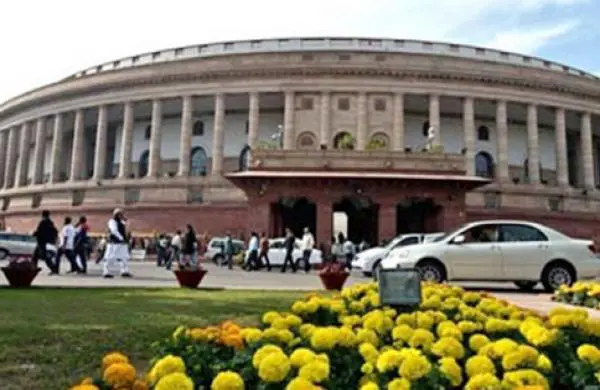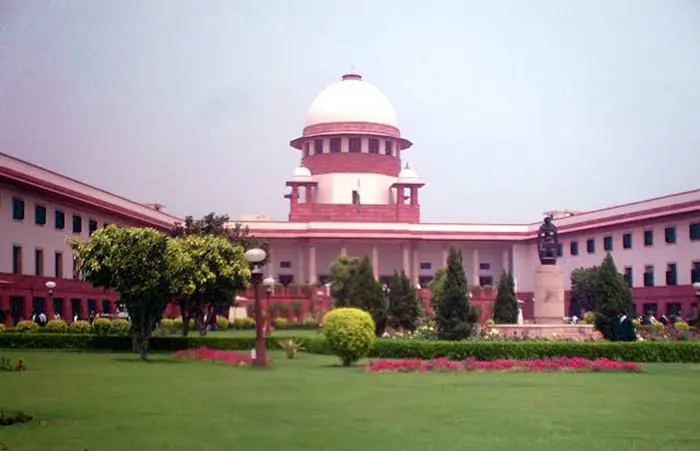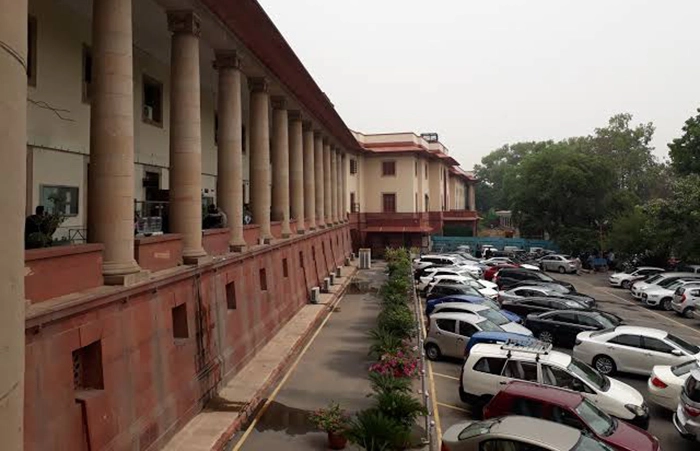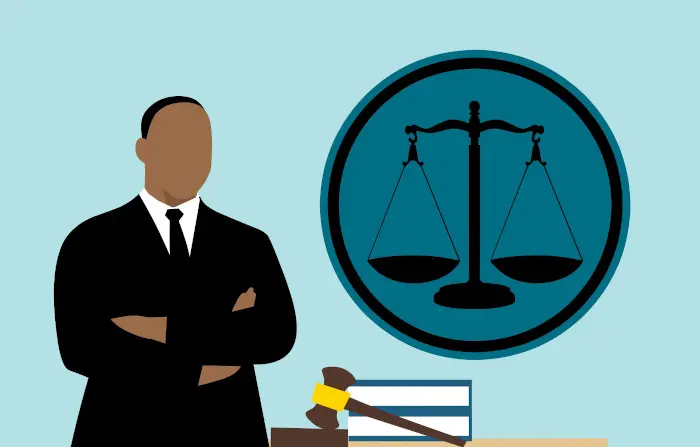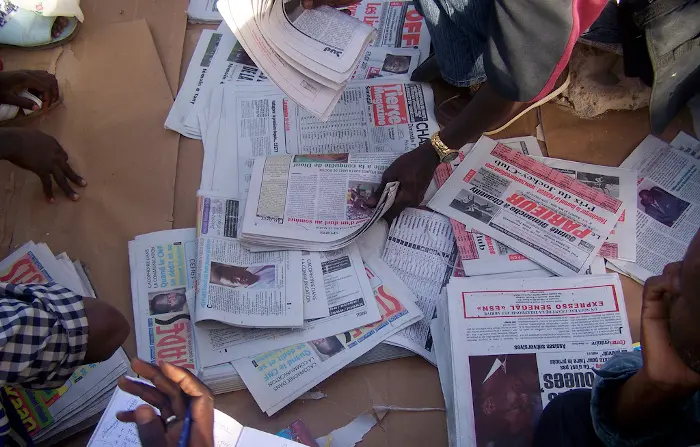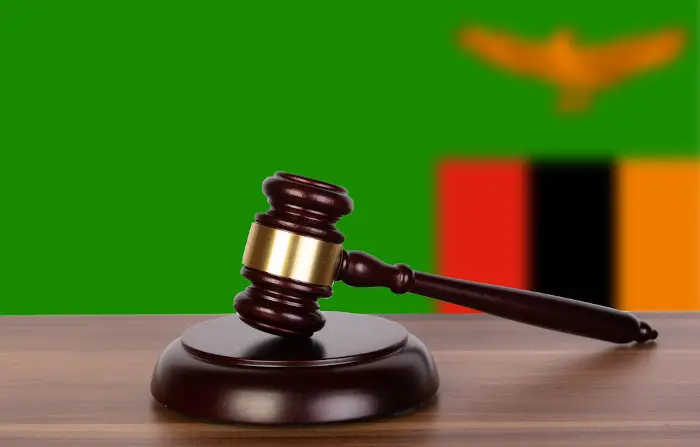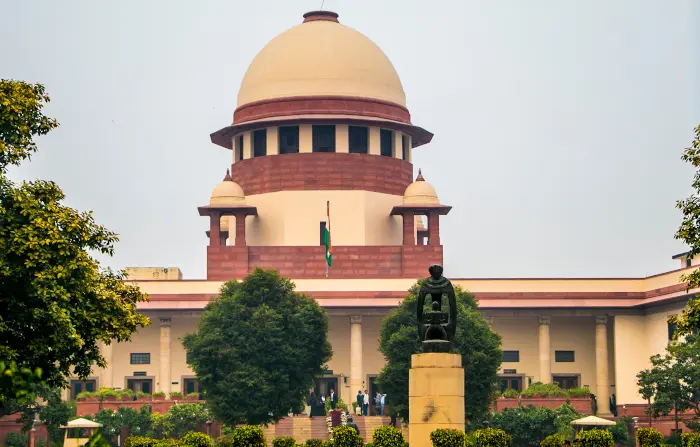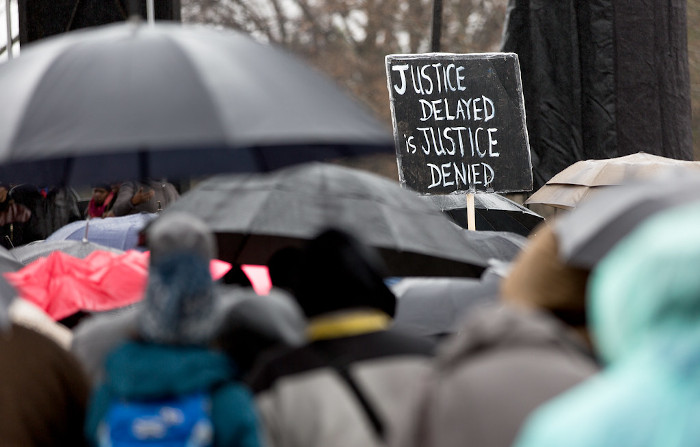Many courts have expanded the use of video conferencing in hearings and online services such as E-Filing in response to the current lockdown. However, such use of technology to enable the delivery of justice should not end with the end of the lockdown.

News and Blogs
The COVID-19 pandemic has affected our lives in ways that we could not have imagined, changing the way we work and impacting various institutions around us.
We are facing a public health crisis in India right now. With COVID-19 spreading like wildfire across the globe, the Indian government was left with no option but to bring the entire country to a standstill and lockdown to prevent a similar spread in India.
Who amongst us has not been tracking the Corona virus related numbers – how many have tested positive, how many recovered and how many couldn’t make it, at a country level and state level? There has also been great interest in the number of people being tested and whether the level of testing in India has been sufficient to give us comfort that the pandemic is under control.
Two widely reported recent orders of the Gauhati high court have drawn attention to the issue of documents submitted by ‘suspected foreigners’ being deemed insufficient by Foreigners Tribunals to establish Indian citizenship.
The link to Prajavani article: ವಕೀಲರಿಲ್ಲದೆ ನ್ಯಾಯಸಮ್ಮತ ವಿಚಾರಣೆಯೇ
The Gauhati High Court declared Sahijuddin a foreigner on November 13, 2015. He had appealed to the High Court against an ex-parte order of the Foreigners Tribunal in Kokrajhar declaring him a foreigner.
THE WIDESPREAD support for the encounter killing of the four accused in the 2019 Hyderabad gang-rape and murder case is a symptom, albeit an extreme one, of the increasing trust deficit between the citizens and the justice system.
The recent cases of rape and sexual harassment have shocked the conscience of the country. And the cry to set up more fast-track courts that can swiftly deal with these cases has been growing.
The media has given extensive coverage to experimental research in social sciences in the recent months following the Nobel Committee’s decision to award the Economics prize to Abhijit Banerjee, Esther Duflo and Michael Kremer.
India's justice system has been affected by poor budgeting, the recently released India Justice Report has concluded.
Today, it can take nearly 20 years if a case goes all the way from the subordinate court to the high court and then the Supreme Court.

-
Rule of Law ProjectRule of Law Project
-
Access to Justice SurveyAccess to Justice Survey
-
BlogBlog
-
Contact UsContact Us
-
Statistics and ReportsStatistics and Reports
© 2021 DAKSH India. All rights reserved
Powered by Oy Media Solutions
Designed by GGWP Design

